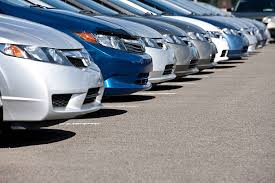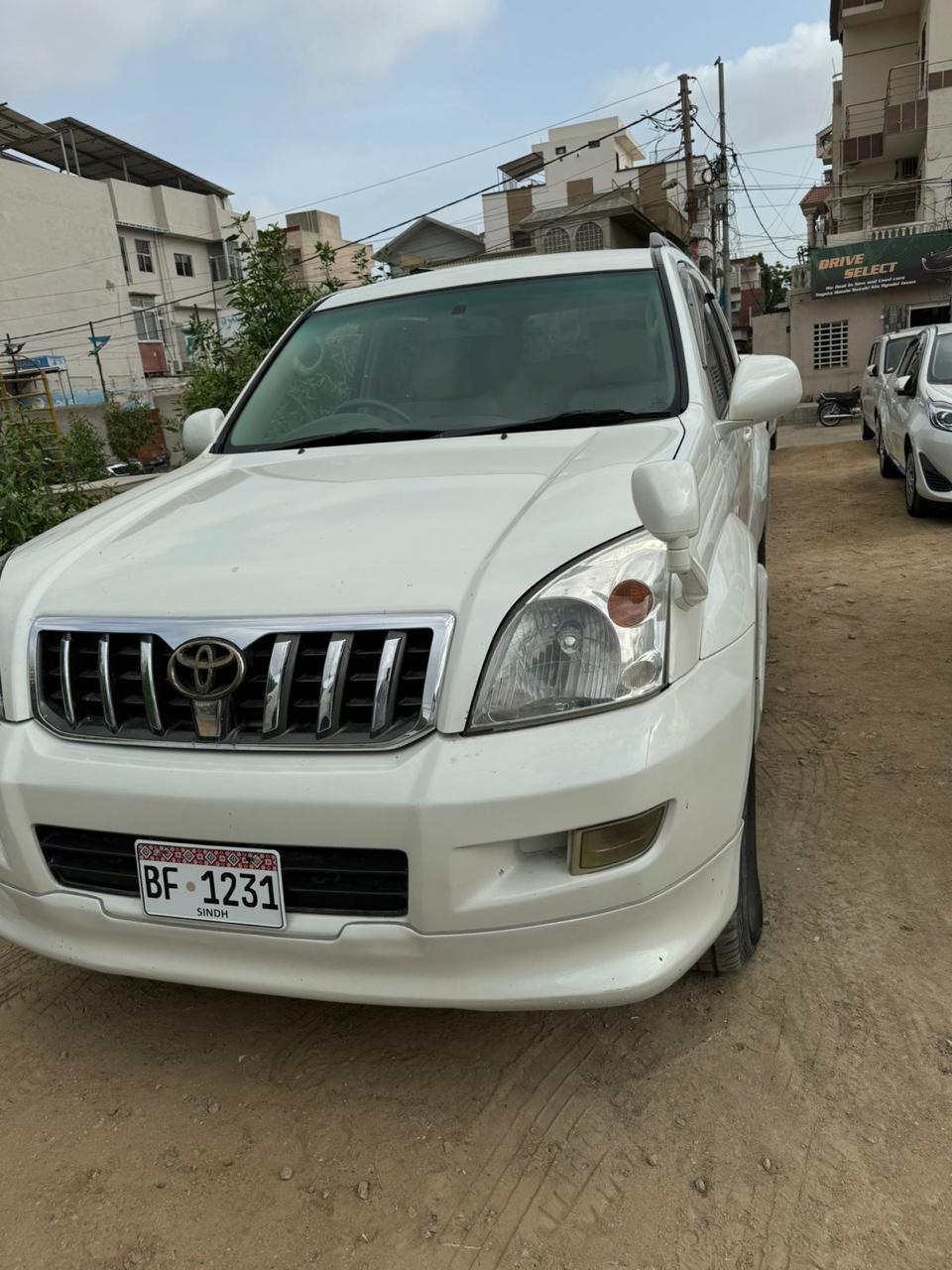How the Budget 2024 Will Affect New Car Prices in Pakistan

The Budget 2024 presented by the Government of Pakistan holds significant implications for various sectors, including the automotive industry. As car ownership continues to grow in the country, changes in taxation, duties, and economic policies directly influence the pricing of new vehicles. For potential car buyers and industry stakeholders, understanding the key components of the budget that impact the automotive sector is crucial. In this blog, we will explore how the Budget 2024 will likely affect new car prices in Pakistan and what consumers can expect in the coming months.
1. Changes in Taxes and Duties on Cars
One of the most direct ways the federal budget influences car prices is through changes in taxes and duties. In Budget 2024, the government has proposed adjustments to various tax rates that will affect both locally manufactured and imported vehicles.
Key changes include:
-
Increase in Federal Excise Duty (FED): The government has proposed a slight increase in the Federal Excise Duty on vehicles with higher engine displacements. Cars with engine capacities over 1300cc are expected to face higher taxes, potentially raising prices in the mid- to high-end segments of the market.
-
Customs Duty on Imported Vehicles: For completely built units (CBUs), the government has revised customs duties, which will likely result in higher prices for imported cars. This change affects brands that rely on imports, making these vehicles more expensive for consumers.
-
Reduction in Sales Tax for Locally Manufactured Cars: To support the local automotive industry, the government has reduced the General Sales Tax (GST) on locally assembled small cars (under 1000cc). This could provide some relief for buyers looking for budget-friendly options like the Suzuki Alto, Prince Pearl, or United Bravo.
These tax adjustments are designed to encourage local production and reduce reliance on imported vehicles, which could help stabilize car prices in the long term.
2. Impact of Increased Regulatory Duties on Imported Parts
Pakistan’s automotive industry relies heavily on imported parts for the assembly of vehicles, and any changes in duties on these imports can affect production costs. The Budget 2024 has introduced higher regulatory duties on specific auto parts, which may increase manufacturing costs for local car producers. This, in turn, could result in higher prices for new cars assembled locally.
Key implications:
-
Rising Production Costs: The increase in duties on essential auto parts, such as engines, electronics, and safety components, will make it more expensive for car manufacturers to produce vehicles. As these costs are passed on to consumers, locally produced cars may see price hikes.
-
Focus on Localization: To combat rising production costs, local manufacturers may be pushed to further localize their supply chains by producing more parts within Pakistan. In the long run, this could help reduce prices, but the transition may take time.
3. Effect of Fuel Prices and Inflation on Car Prices
The Budget 2024 comes at a time of rising fuel prices and general inflation, both of which have a significant impact on the automotive sector. The government’s budgetary policies related to fuel subsidies and inflation control will indirectly affect car prices in the following ways:
-
Fuel Prices: With the reduction of fuel subsidies, the cost of petrol and diesel is expected to rise, increasing the overall cost of vehicle ownership. Higher fuel prices may shift consumer preferences toward more fuel-efficient cars or hybrid and electric vehicles.
-
Inflationary Pressure: Inflation is already driving up the cost of raw materials and labor, making it more expensive to manufacture cars. As inflation continues, it is likely that car manufacturers will raise prices to offset rising production costs.
4. Encouraging Electric Vehicles (EVs)
In a bid to promote environmentally friendly transportation, the Budget 2024 has continued to support incentives for electric vehicles (EVs) and hybrid cars. The government has announced the following measures to encourage the adoption of EVs:
-
Reduction in Import Duties on EVs: The budget proposes a reduction in customs duties for fully electric vehicles, making them more affordable for consumers. This move is intended to make Pakistan’s automotive market more aligned with global trends toward sustainability.
-
Tax Relief for EV Manufacturers: The government has introduced tax relief for local EV manufacturers, encouraging domestic production of electric cars. This could lead to a greater variety of EV options for consumers and a gradual reduction in prices as production scales up.
While EVs are still relatively new in the Pakistani market, these incentives could make them a viable option for forward-thinking consumers, particularly as fuel prices rise and concerns over pollution grow.
5. “Luxury Tax” on High-End Vehicles
As part of the government’s revenue generation efforts, Budget 2024 has introduced a luxury tax on high-end vehicles. This tax applies to cars with engine displacements of 2000cc and above, as well as high-value luxury SUVs. The luxury tax aims to target the wealthier segment of society and generate revenue without burdening the middle class.
Impact of Luxury Tax:
-
Higher Prices for Premium Cars: Cars like Toyota Fortuner, Land Cruiser, and high-end sedans will see significant price increases due to this new tax.
-
Limited Impact on Small and Mid-Sized Cars: Since the luxury tax targets high-end vehicles, small and mid-sized cars will largely remain unaffected, keeping them within reach of middle-income families.
6. Encouraging Local Manufacturing and Assembly
One of the government’s key priorities in Budget 2024 is to boost local manufacturing and reduce reliance on imports. The government has announced several initiatives aimed at encouraging local assembly of vehicles and reducing costs for manufacturers. These measures include:
-
Tax Breaks for New Local Manufacturers: New entrants in the local automotive manufacturing sector will receive tax breaks and incentives to promote competition and reduce the reliance on imports.
-
Support for Auto Parts Industry: The government will provide support to the auto parts manufacturing sector to improve the supply of locally produced components. Over time, this could lead to a reduction in car prices as local production scales up.
These policies will likely help develop Pakistan’s automotive sector in the long term, leading to more affordable cars for consumers in the future.
7. What Should Car Buyers Expect in 2024?
For potential car buyers in Pakistan, the Budget 2024 presents a mixed picture. While prices for certain vehicles, particularly luxury and imported cars, are expected to rise due to higher taxes and duties, there are several positive developments for buyers of small, locally manufactured vehicles.
Key takeaways for car buyers:
-
Expect Price Increases for Imported and High-End Cars: If you’re in the market for an imported car or a luxury vehicle, prepare for higher prices as customs duties and the luxury tax take effect.
-
Affordable Options for Small Cars: Buyers looking for budget-friendly cars like Suzuki Alto, Wagon R, or Prince Pearl can expect more stability in prices, particularly with the reduction in sales tax for small locally assembled vehicles.
-
Consider Electric Vehicles: With government incentives making electric vehicles more affordable, now may be a good time to consider an EV, especially given the rising cost of fuel.
Conclusion
The Budget 2024 brings both challenges and opportunities for Pakistan’s automotive sector. While taxes on imported and luxury vehicles will lead to higher prices, government incentives for local manufacturing and electric vehicles could help balance the market and offer more affordable options in the long run. As the automotive landscape continues to evolve, car buyers should carefully consider their options and stay informed about market trends to make the best decision for their needs.



